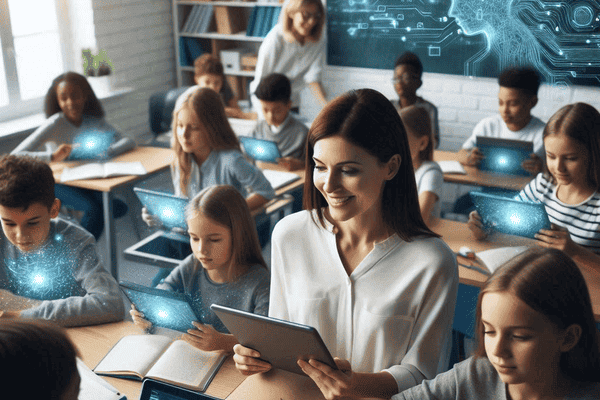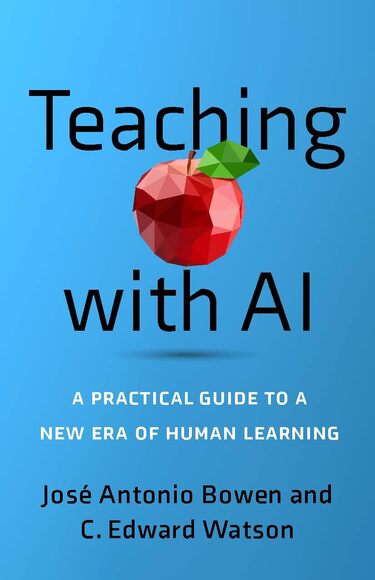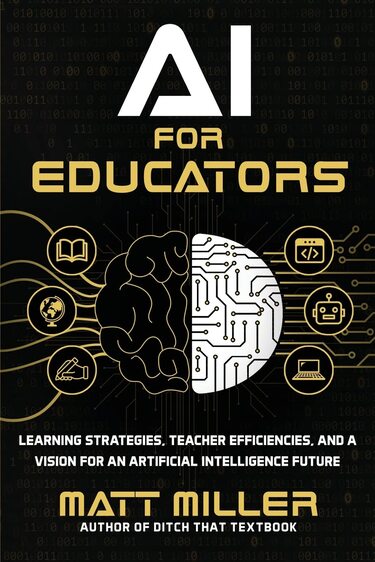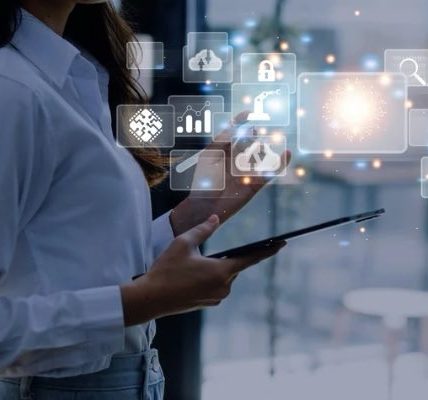Technology has reshaped nearly every industry, and education is no exception. Artificial Intelligence (AI) is revolutionizing how students learn, making classrooms more adaptive, efficient, and tailored to individual needs. As AI continues to evolve, its role in education is becoming more prominent, ensuring a future where learning is truly personalized and effective.
Let us dive into the impact of AI in Education:

Tailored Learning Paths for Every Student
Traditional education often follows a one-size-fits-all approach, leaving some students struggling while others feel unchallenged. AI-powered systems analyze students’ learning patterns, strengths, and weaknesses to create customized lesson plans. Platforms like Carnegie Learning and Squirrel AI use machine learning to adjust coursework in real time, ensuring that each student progresses at their own pace. This level of personalization enhances understanding, retention, and overall academic performance.
Smarter Classrooms with AI Assistance
AI-driven tools are transforming classrooms into dynamic learning environments. Smart assistants like IBM’s Watson Tutor and Google’s Socratic help students by answering questions, providing explanations, and suggesting additional resources. AI-powered smartboards analyze student responses and adjust lessons accordingly, making learning interactive and engaging. Additionally, tools like an audio to text converter can transcribe lectures in real time, ensuring students have accurate notes and improving accessibility.
This shift reduces the burden on teachers, allowing them to focus more on mentoring and individualized guidance.
AI-Powered Assessment and Feedback
Grading and assessments can be time-consuming for educators, but AI streamlines the process with automated grading systems. Tools like Gradescope use machine learning to evaluate assignments and provide detailed feedback instantly. AI also detects patterns in student errors, helping educators identify areas where students need extra support. Studies suggest that AI-powered assessments can reduce grading time by up to 50%, allowing teachers to dedicate more time to instruction and student interaction.

Bridging Learning Gaps with Real-Time Analytics
AI identifies learning gaps early, preventing students from falling behind. By analyzing student responses, engagement levels, and progress, AI systems pinpoint areas that require additional focus. For example, Century Tech uses AI to provide targeted support based on students’ unique learning journeys. Real-time analytics enable educators to intervene when necessary, ensuring that every student gets the help they need to succeed.
Enhancing Special Education with AI
Students with disabilities often require personalized teaching methods, and AI is making inclusive education more accessible. Speech recognition tools, text-to-speech software, and AI-powered reading assistants like Microsoft’s Immersive Reader help students with dyslexia, visual impairments, and other learning challenges. AI also enables adaptive learning games that cater to students with autism, improving engagement and comprehension. With these advancements, education becomes more equitable and supportive for all learners.
Language Learning and AI Tutors
AI-driven language learning platforms like Duolingo and Rosetta Stone are revolutionizing how people acquire new languages. These systems adapt lessons based on user performance, offering personalized exercises and pronunciation corrections. AI chatbots simulate real conversations, helping learners practice in a low-pressure environment. Research from MIT shows that AI-based language learning tools improve retention rates by nearly 20% compared to traditional methods, making them an effective solution for multilingual education.
Preparing Students for the Future Workforce
AI doesn’t just improve classroom learning—it also equips students with future-ready skills. AI-powered career guidance tools analyze student interests, academic performance, and job market trends to suggest suitable career paths. Additionally, AI-driven coding platforms like Code.org and Repl.it introduce students to programming, fostering computational thinking and problem-solving abilities. As automation reshapes industries, integrating AI into education ensures that students are prepared for the evolving job market.
AI is Reshaping Education
AI is no longer just a futuristic concept—it’s actively reshaping education today. By personalizing learning, enhancing classroom experiences, and providing real-time insights, AI is making education more effective and accessible. With continued advancements, the future of learning will be more adaptive, inclusive, and engaging than ever before.

Teaching with AI: A Practical Guide to a New Era of Human Learning

AI for Educators: Learning Strategies, Teacher Efficiencies, and a Vision for an Artificial Intelligence Future




